Another popular company is closing its doors. Boscia decided to close its doors after two decades in the beauty business, citing low profits and consumer habits as the reason behind its decision.
Boscia is one of the many brands and services to close its doors in the last year, but the beauty brand did so without filing for bankruptcy.
What Is Boscia?
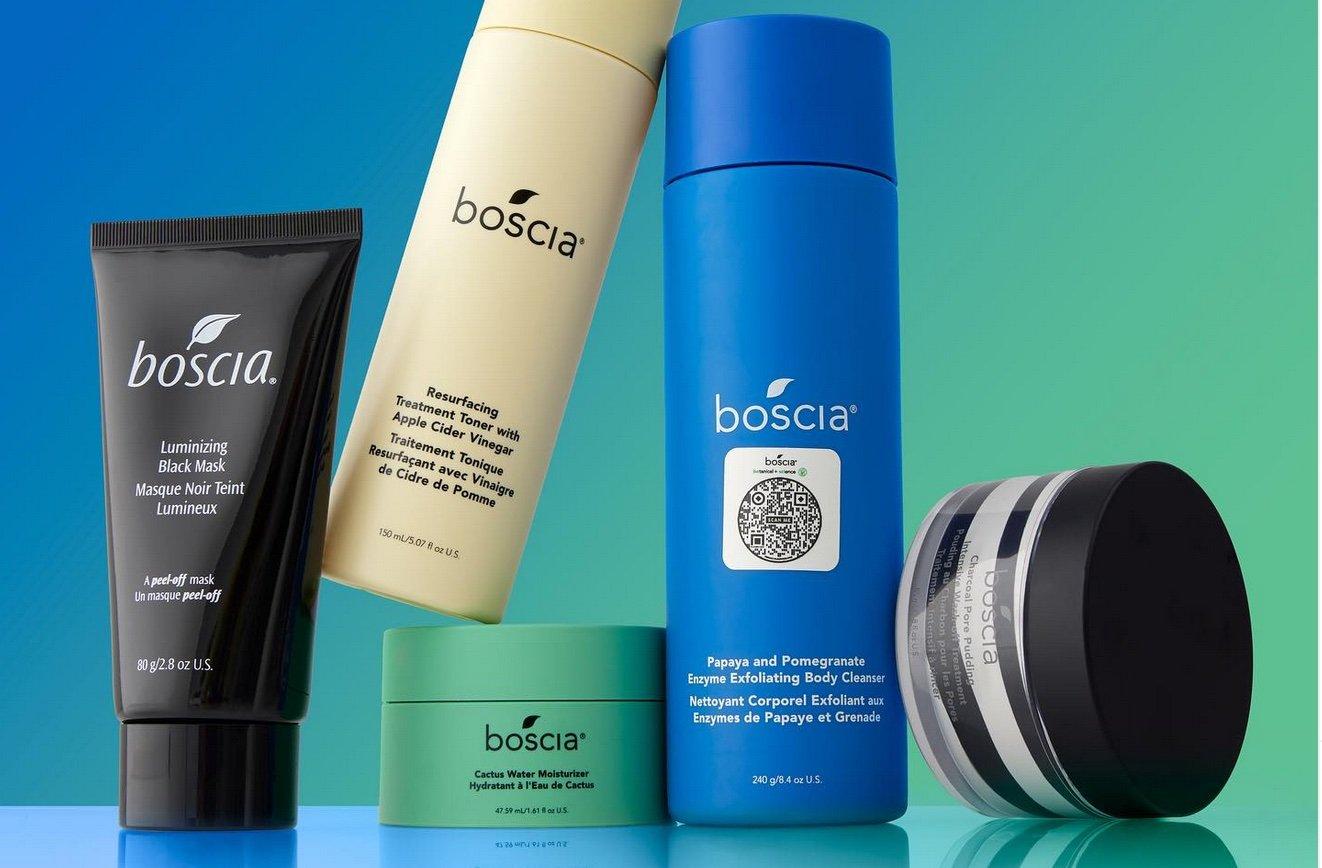
Boscia is a company that has a product in almost every millennial’s skincare ritual, with its most popular product being the Boscia charcoal mask. It was notable for its gentle and effective properties.
These same customers received emails confirming the news that the brand would be closing forever, with no clear plans for the future.
Boscia’s Challenges in the Clean Beauty Market
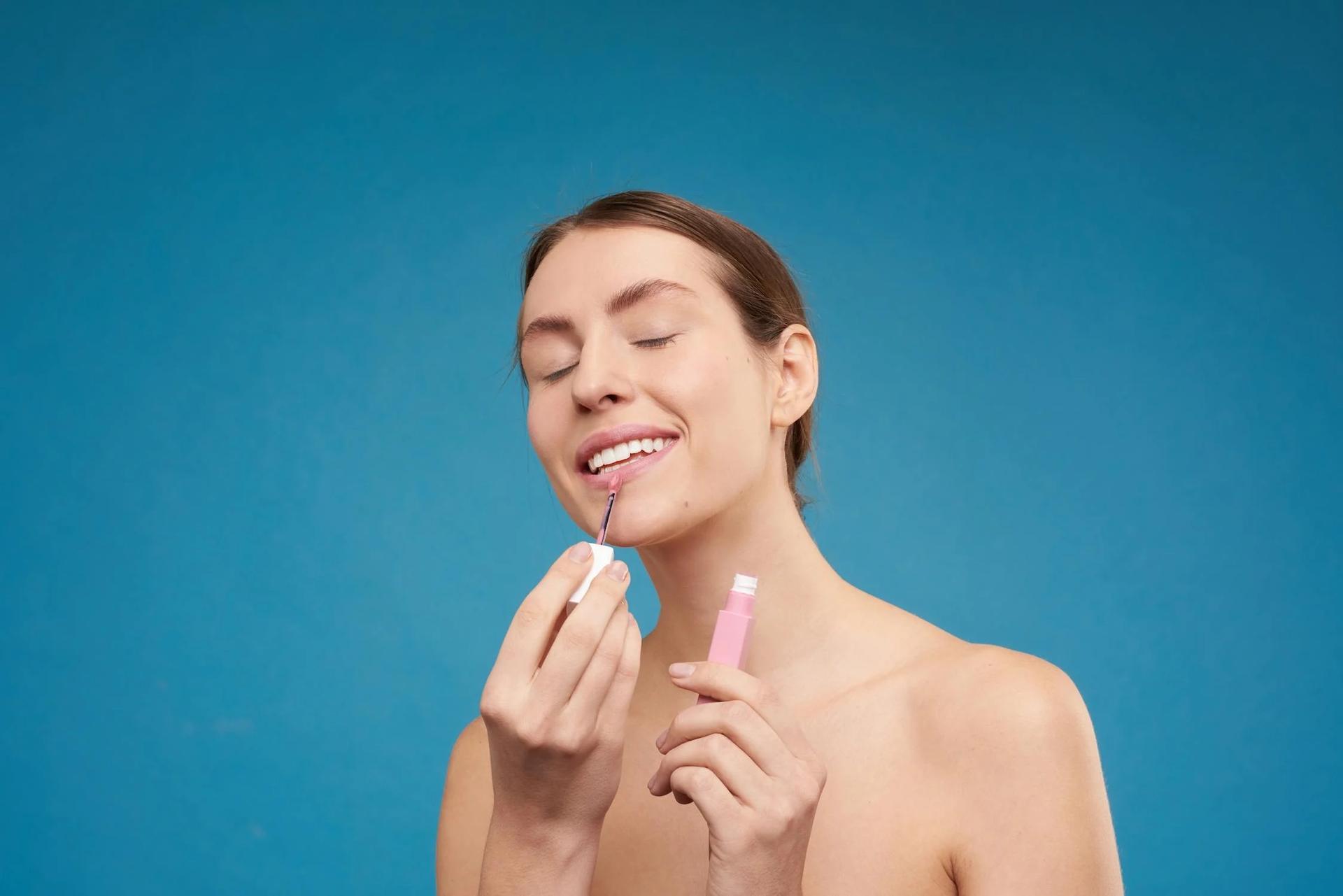
Once the self-described “leader in clean beauty,” Boscia has faced significant challenges in a highly competitive market.
“Since 2002, plants have been the secret to our skincare success,” it said on its website. ‘We use ingredients rooted in nature—plant-to-bottle formulas that show results with fun formulas. Good skin comes naturally because, in our world, beauty really does grow on trees.’
Lack of Store-Presence
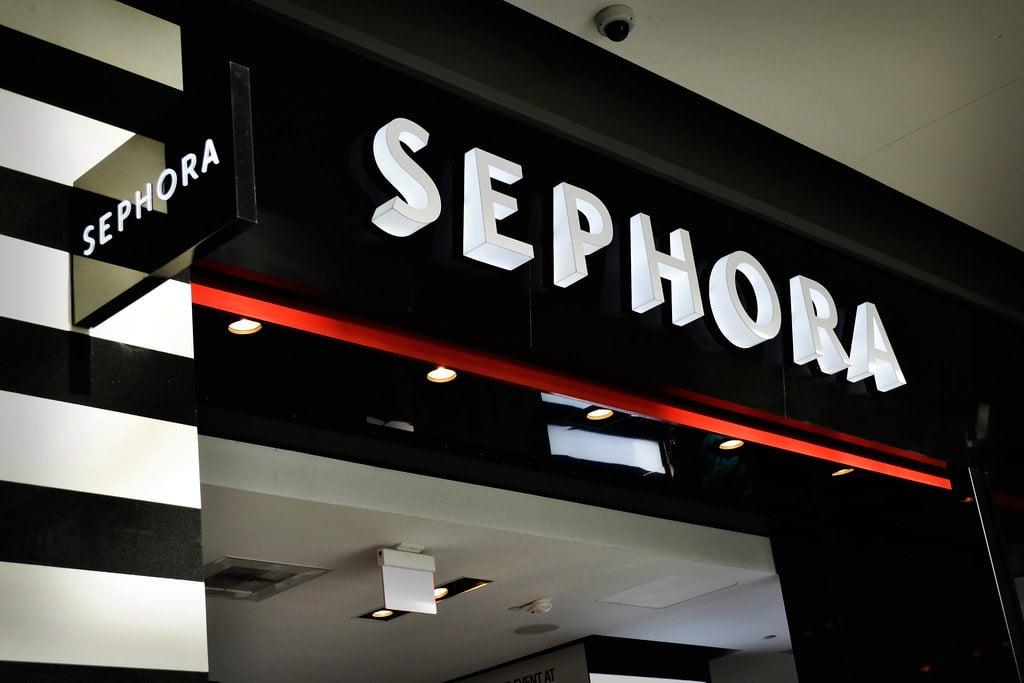
One notable issue that Boscia has faced is not having all of its products available in stores for customers to try before buying.
“At Boscia, we empower plants to do their jobs, letting ingredients follow their natural instincts. Our products will truly grow on you because all that green really does make your skin glow. Sensitive skin? No problem. Boscia is designed with sensitive skin in mind,” it added.
Boscia’s Place In the Beauty Market

In 2004, the brand entered an exclusive partnership with Sephora, hoping that the beauty specialty chain would help it gain attention from a wider consumer base.
Later, the company moved to Ulta and, more recently, Amazon, and exited Sephora.
Hinting at the End
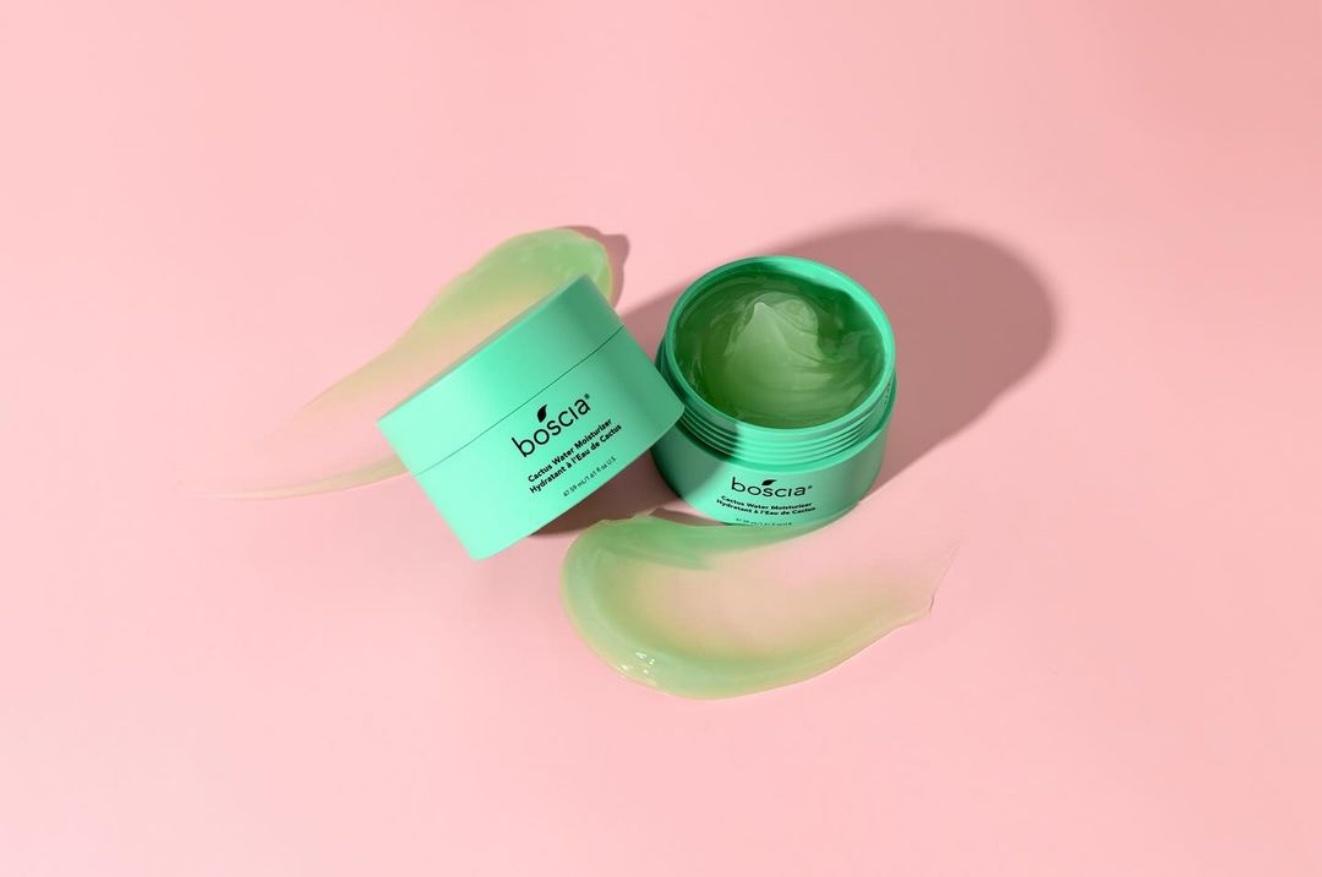
When giving out advice to beauty newbies in a 2019 interview with the outlet CEW Daily, Boscia co-creator and General Manager Lan Belinky hinted that the crowded market was a big problem.
She stated, “With so many brands out there, it’s easy to get lost. Have a voice, know your brand.”
Boscia Shuts Down Without Filing for Bankruptcy
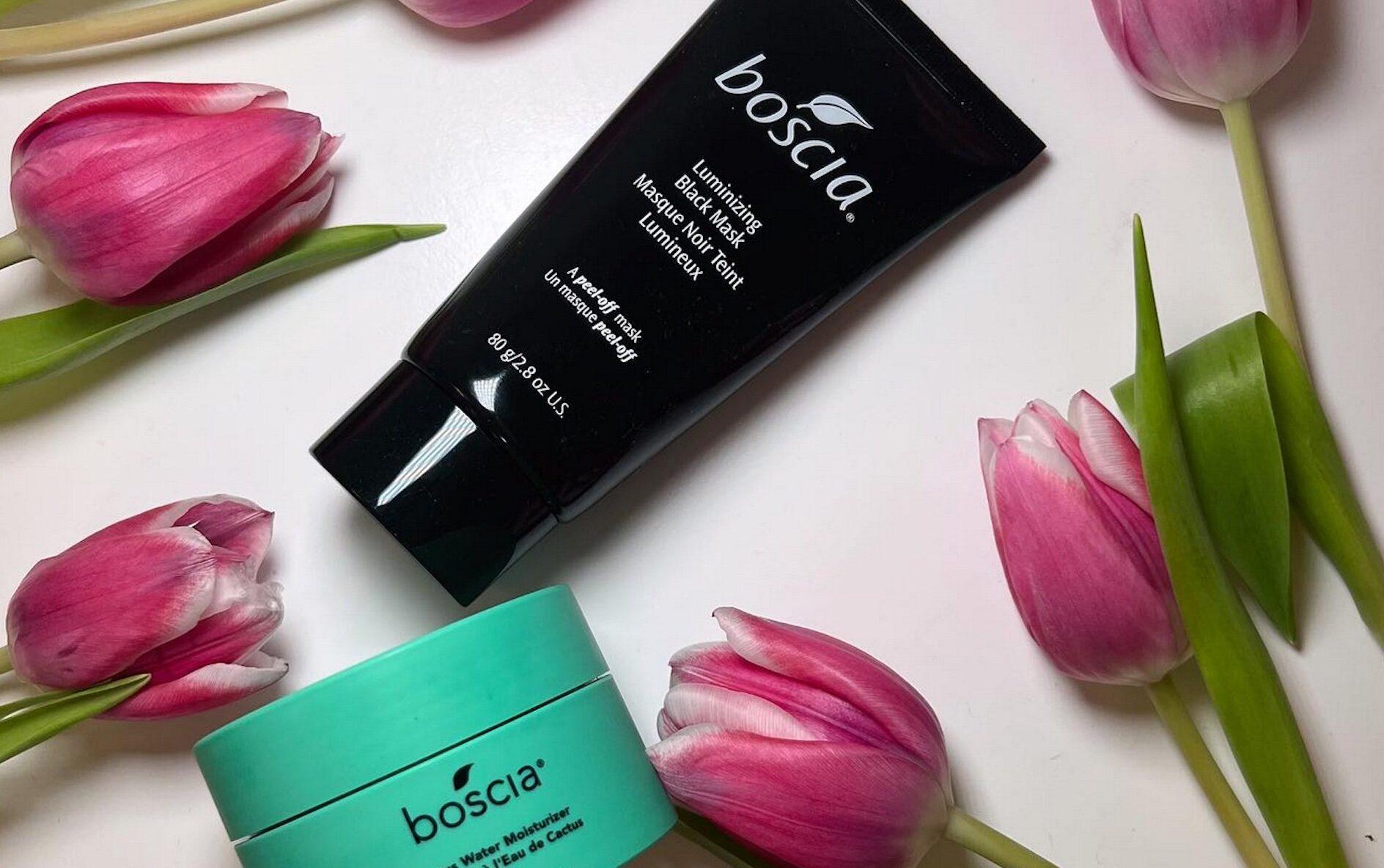
Boscia struggled to extricate itself from the deep waters it was in, facing enormous competition and a limited number of venues for consumers to sample its products.
Despite the option to restructure and prolong its operations, the company opted for a bold move: closing its retail store at the end of May, all without pursuing bankruptcy proceedings.
Boscia Announces Its Closure
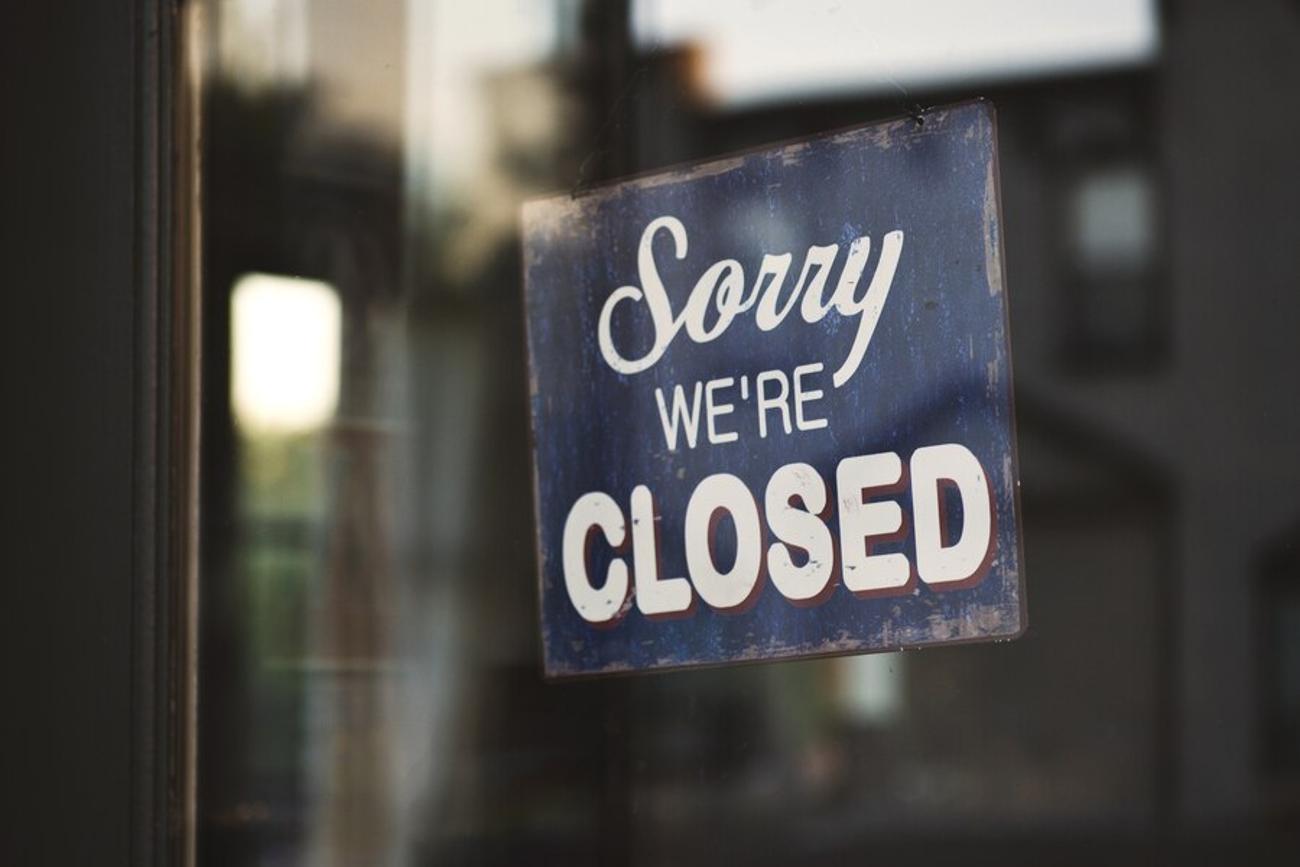
The company announced this plan to the public through a brief message on its website and Instagram page.
“We regret to inform you that we will be closing our website on 5/31. We want to express our sincere gratitude for your loyal support throughout the years. Thank you for being part of our journey,” the California-based company wrote.
Boscia Puts Everything On Sale

The company, which also sells on Amazon, isn’t just closing its doors for retail. Instead, it is shutting down completely, according to Beauty Independent.
Desperate to move as many of its products as possible, the beauty company has a massive sale on its website. Everything is currently 55 percent off its market price.
The End of Boscia
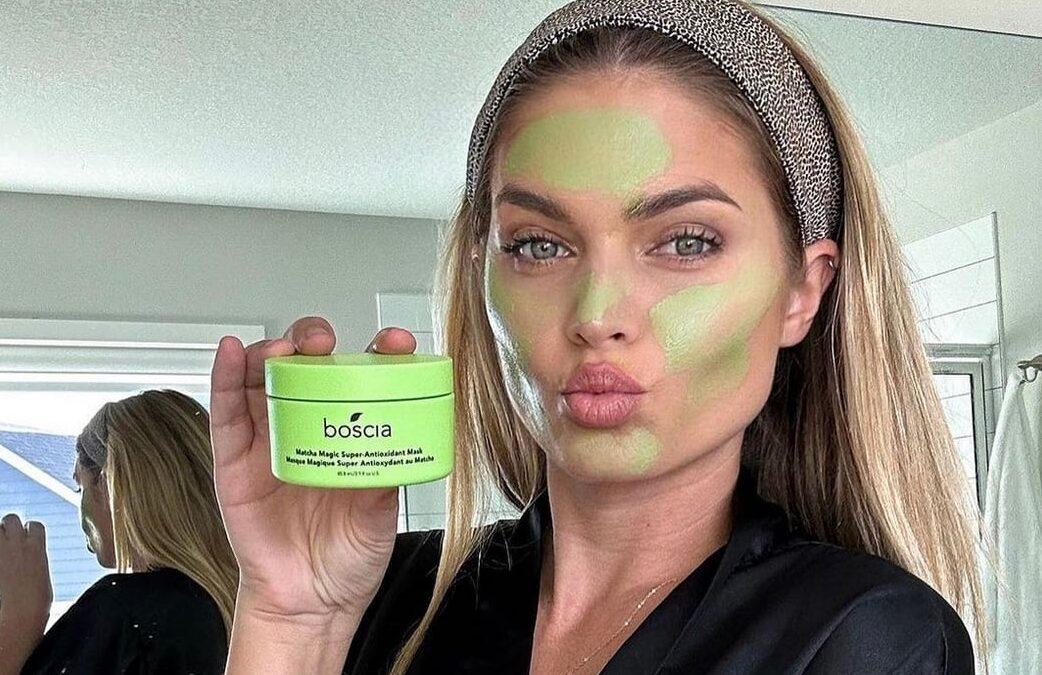
The brand’s mission, which aimed to revolutionize beauty routines worldwide with products designed for play and meant to be shared because your skin craves the fun, will conclude on May 31.
After the conclusion of its closing sale and the announcement of its final date at the end of the month, Boscia has remained relatively silent about its future plans.
Boscia’s Influence
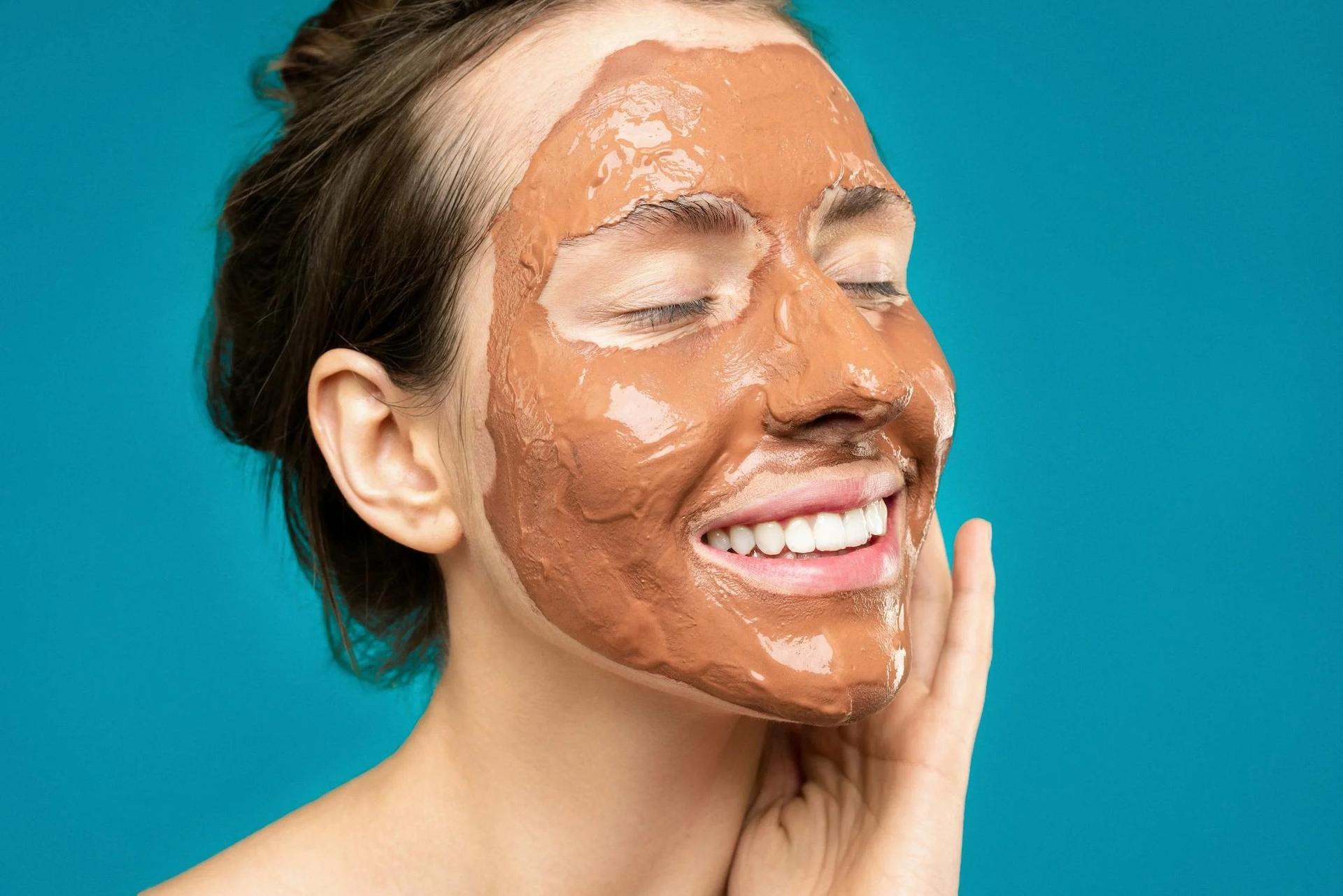
It is hard to underscore how influential Boscia is as a beauty brand. It was a company that set the standard for the clean brands that exist today.
“They would process and manufacture their products in a clean room that was very specific, and they had airless components,” Deborah Regosin, former VP of sales at Boscia, says. “Now a lot of brands are doing airless components, but they were one of the first.”
Why Is Boscia Closing?
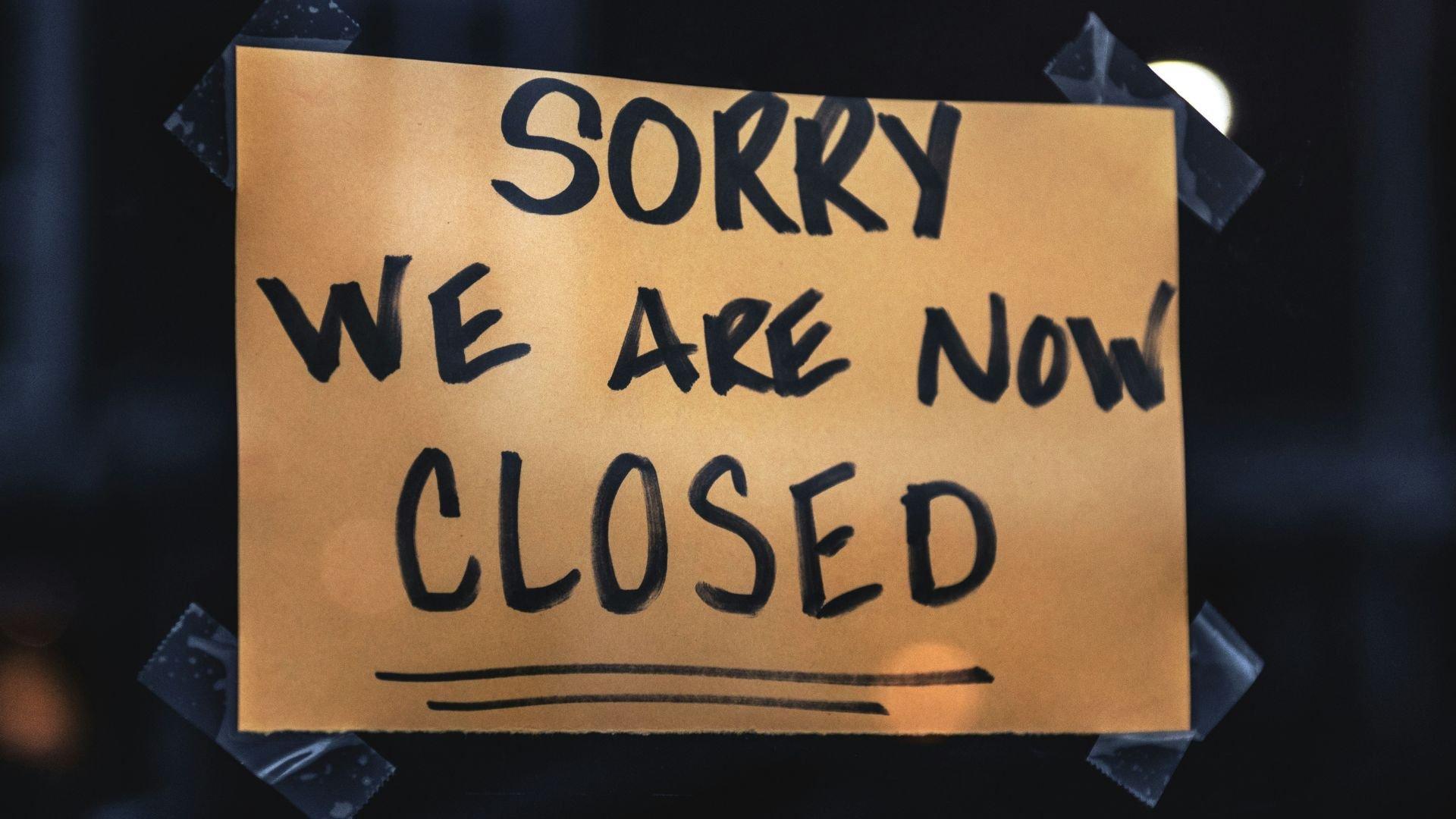
Regosin believes that Boscia’s difficulties stem from finding an audience in the crowded beauty market.
“In this competitive landscape now, there’s so many skincare brands, and you have to have a really great point of difference and a clear marketing strategy. All the ducks need to be aligned in order to have success,” she says.
The Indie Beauty Landscape

As Regosin mentioned, the beauty landscape is incredibly difficult to navigate for consumers and brands. According to the market research firm Circana, indie beauty brands are starting to express concern about the challenges they face in the beauty industry.
Several indie brands, like MUN, Luxe Botanics, Orosa, BalmLabs, Plen, Soon Skincare, and Elm Rd, have already shuttered their doors for good.
The Struggles for Indie Brands
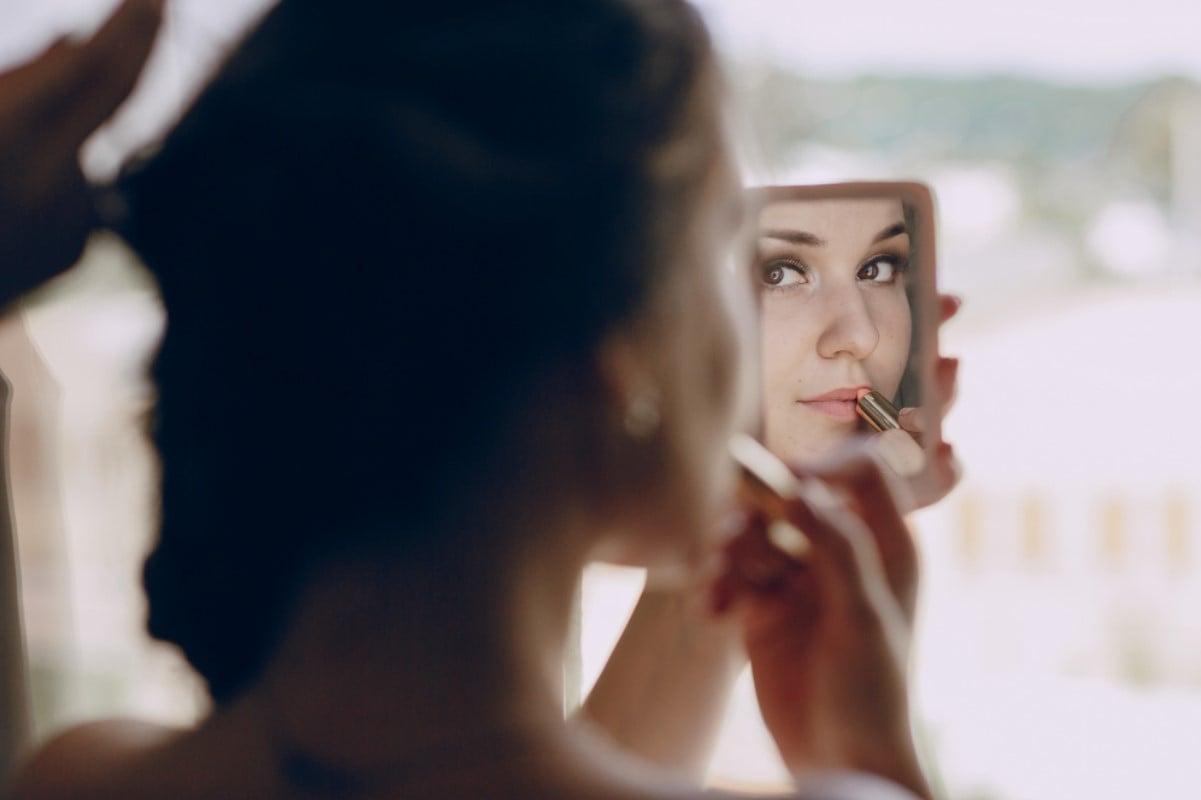
According to business coach Donnet Bruce, the competitive market, limited fund resources, and supply chain issues are affecting the growth of indie beauty businesses.
Even successful brands, like Boscia, are facing significant challenges because they need help achieving customer trust and recognition among legacy beauty brands.
Outgrowing the Niche Market

While unique product offerings and commitment to niche markets can help an indie brand find its customer base, this attraction is not enough to help the brand expand its reach and achieve sustainable growth.
Without this growth, funding becomes a problem. And without money, marking and development are almost impossible.
The Lingering Effects of COVID-19
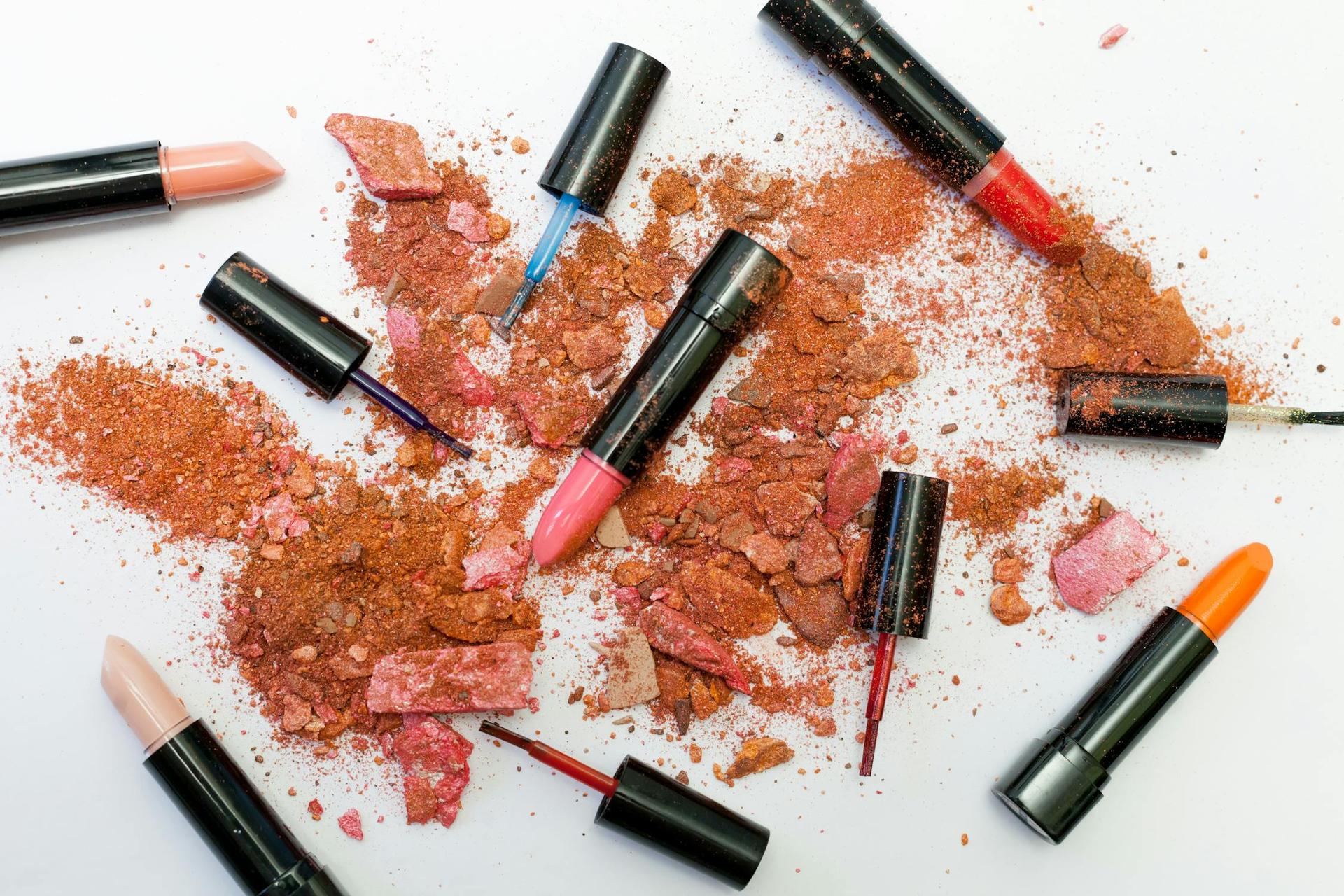
While funding hurdles can be difficult to overcome, the lingering effects of the COVID-19 pandemic are still present in the beauty industry, particularly in the supply chain.
Changes in the supply chain can have a significant impact on these indie brands, making the cost of raw materials and fluctuations in availability difficult to navigate.
A Shift in Marketing
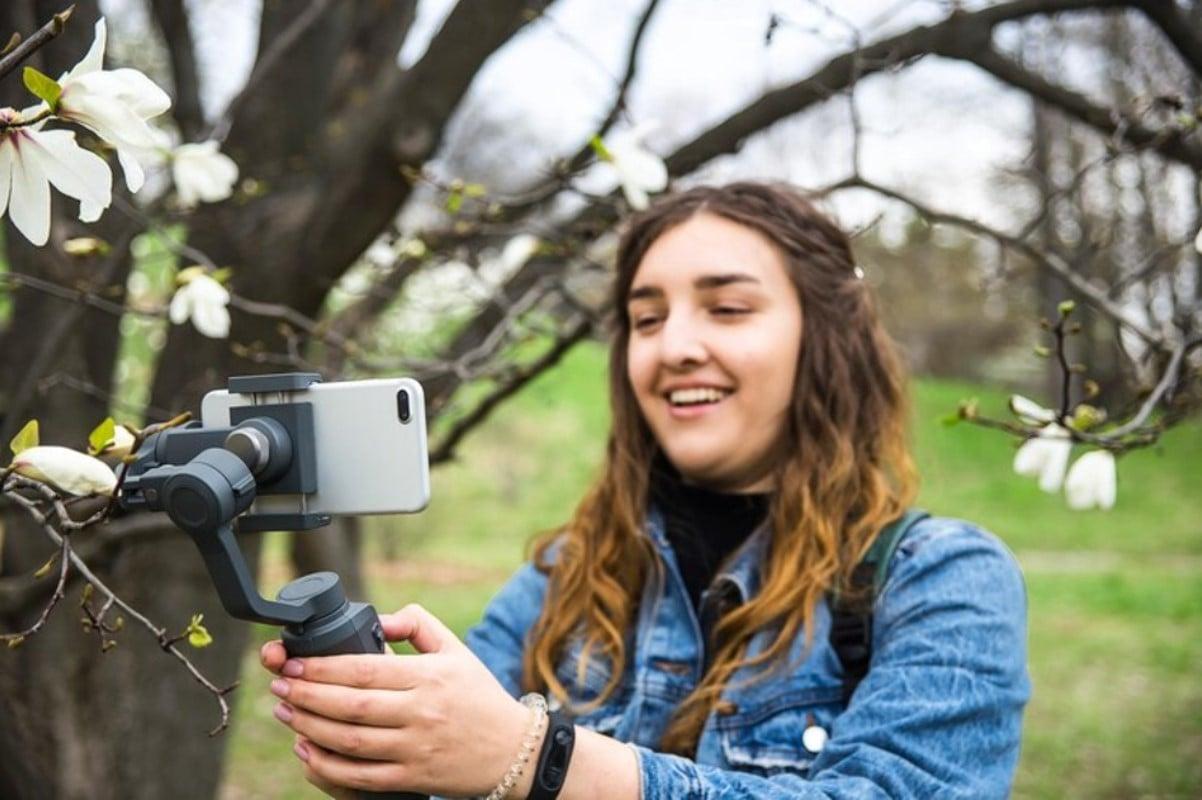
Compared to larger, more established brands, indie brands have to rely on a specific kind of marketing. This typically means having influencers promote the product to their audience, and hope that this will bring a customer base.
While this strategy can work, it can also come with some unfortunate effects later down the road.
Social Media Marketing Can Help

Indie skincare brand Drunk Elephant saw its sales skyrocket in 2023 as Gen Alpha “Sephora Kids” raided the brand’s shelf at their local makeup store and spent hundreds of dollars on adult skincare.
These girls, who are between 8 and 17 years old, are spending more money on sophisticated treatments that have been pushed onto them on TikTok and Instagram.
The “Sephora Kid” Bubble Burst
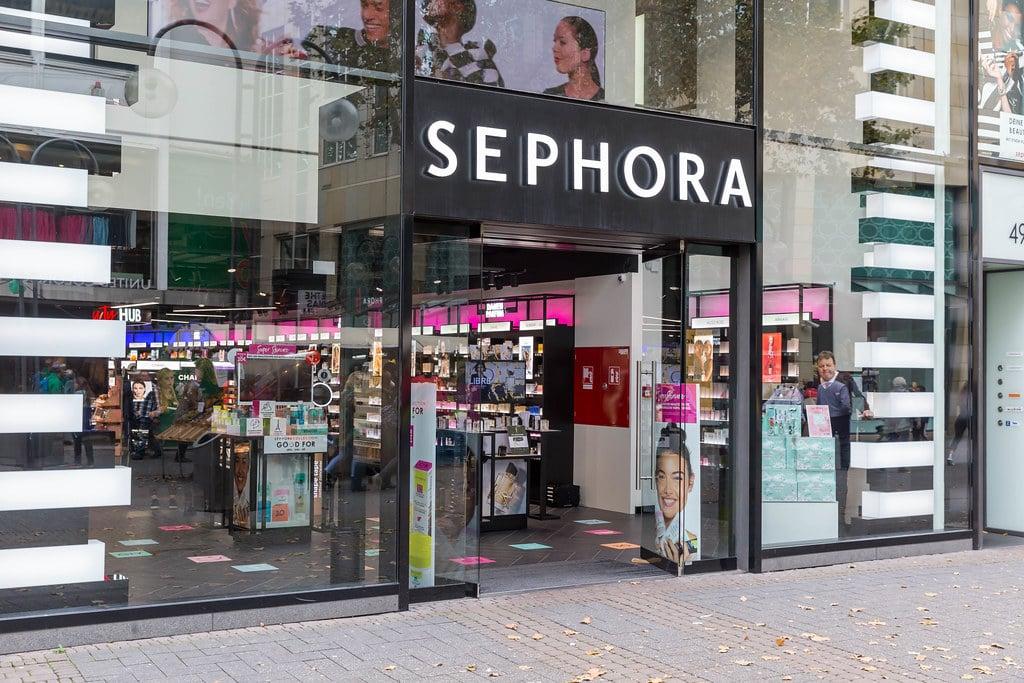
While this has boosted the indie brand’s sales, Drunk Elephant posted on social media a list of more than a dozen products that it said are safe for kids.
However, one commenter responded that none of the skincare products are appropriate for children.
The Appeal of Indie Brands to Kids
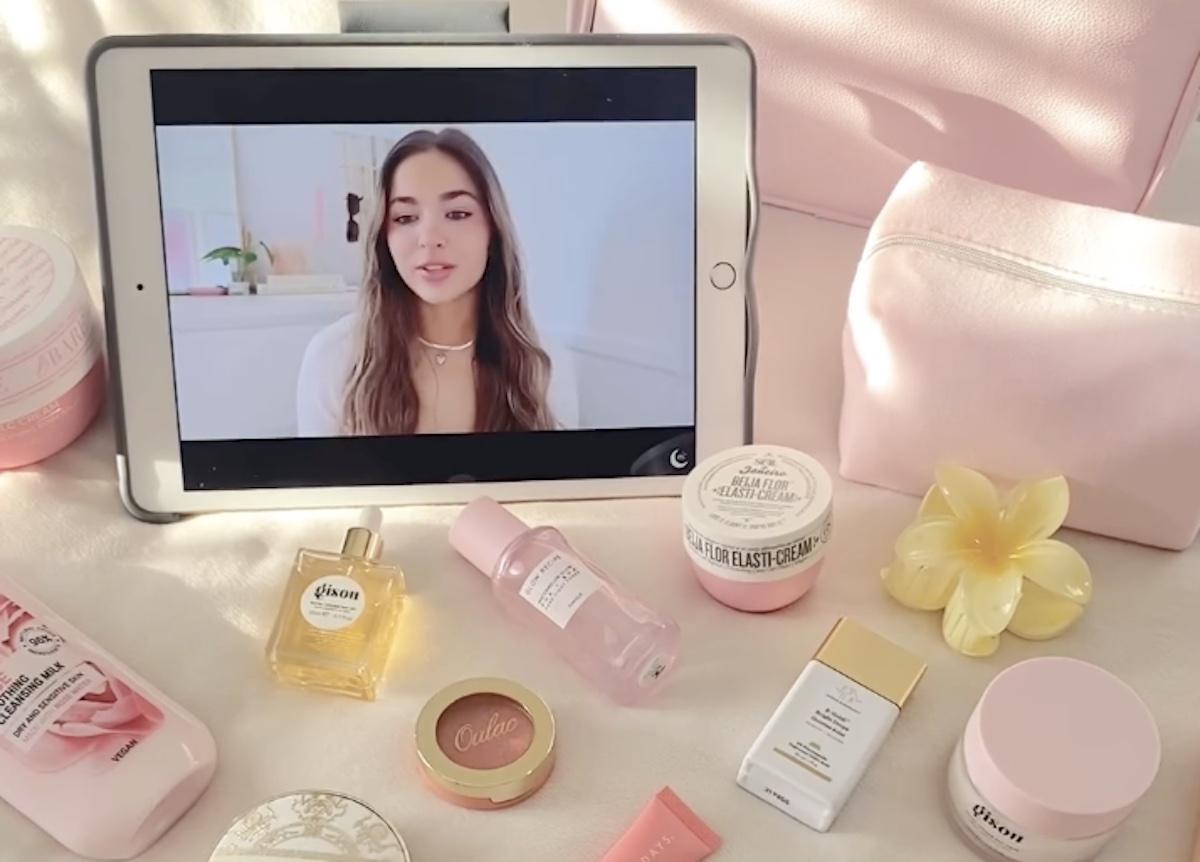
A spokesperson for the brand said that the products were not recommended for young people due to the high concentration of active ingredients, but the young shoppers still go for the brand when they enter the store after school.
The appeal of the brand to younger generations is pure and simple and comes from the idea of belonging to a larger group rather than using the product.
The Trend Can’t Last Forever
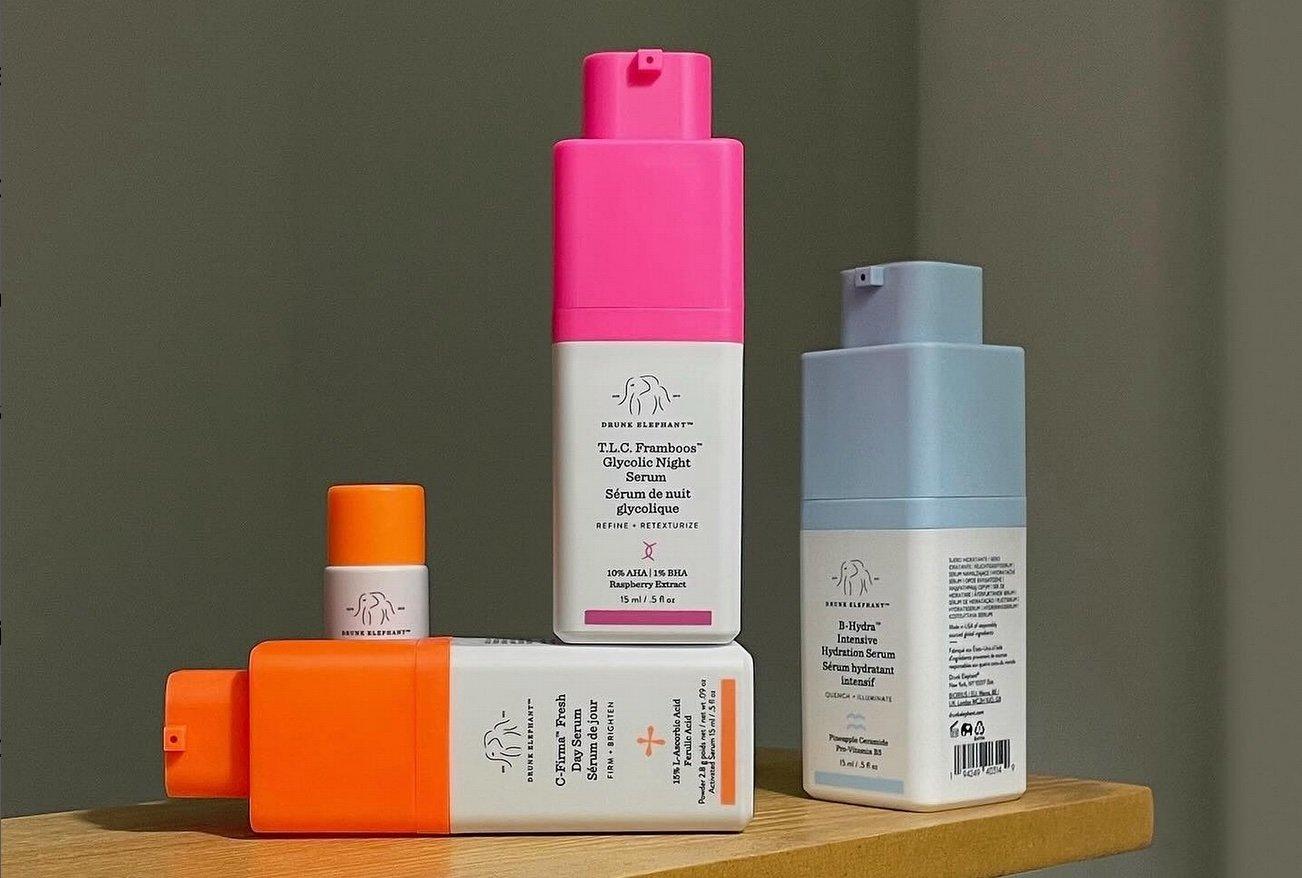
But this rate of consumption isn’t sustainable. Since “Sephora Kids” fell out of trend, Drunk Elephant will likely see a significant drop in sales, which might cause some investors to step away from the brand.
While Drunk Elephant can plan for something like this, it is hard to not want to recreate or continue a certain level of success.
The Responsibility of Indie Brands

With legacy brands and celebrity brands leading the market, it can be hard for indie beauty brands to make a statement for customers to see the appeal of buying small.
The appeal of indie brands is the unique product offerings that do not cater to the mass market, filling in the gap that has been left in the beauty industry.
Keeping Up With the Mission

With a wealth of information available online, consumers can discover whether or not a company aligns with their beliefs. Unlike some bigger brands, indie brands are focused on going green.
Whether this means using plant-based ingredients or having plastic-free, biodegradable packaging, indie brands that seem to be more focused on social responsibility practices end up being more successful.
The Downfall of an Indie Brand
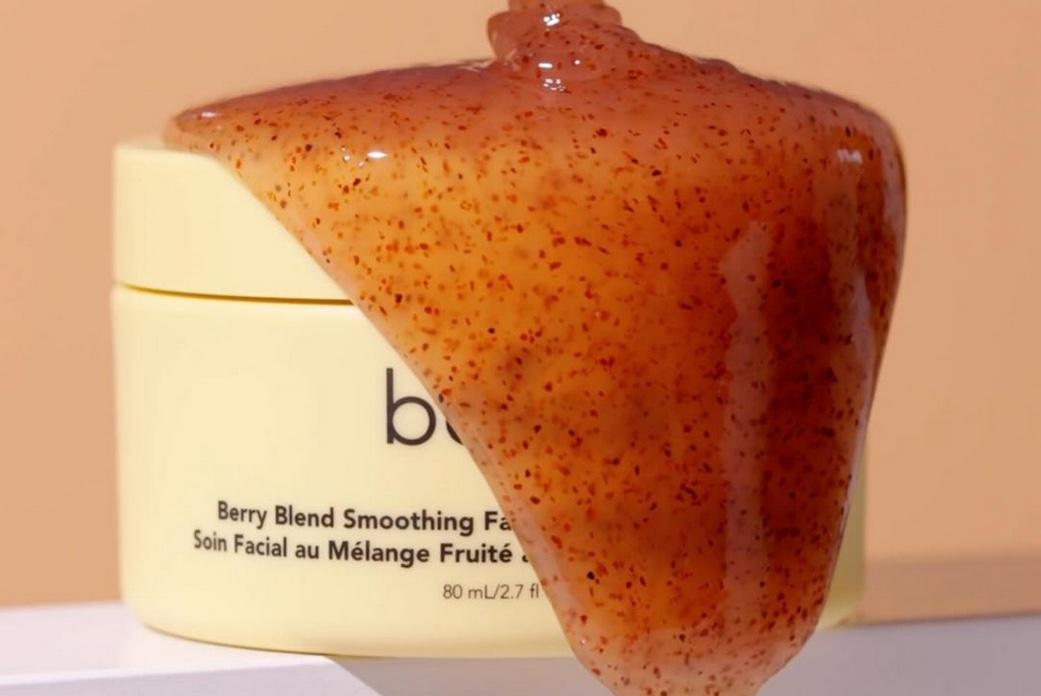
Again, these factors do not contribute to the overall success or failure of a brand. While Boscia was popular for nearly two decades, the competition is steep.
A plethora of problems may have plagued the beauty brand, leaving it struggling to find a way to maintain its ethos while being profitable.

